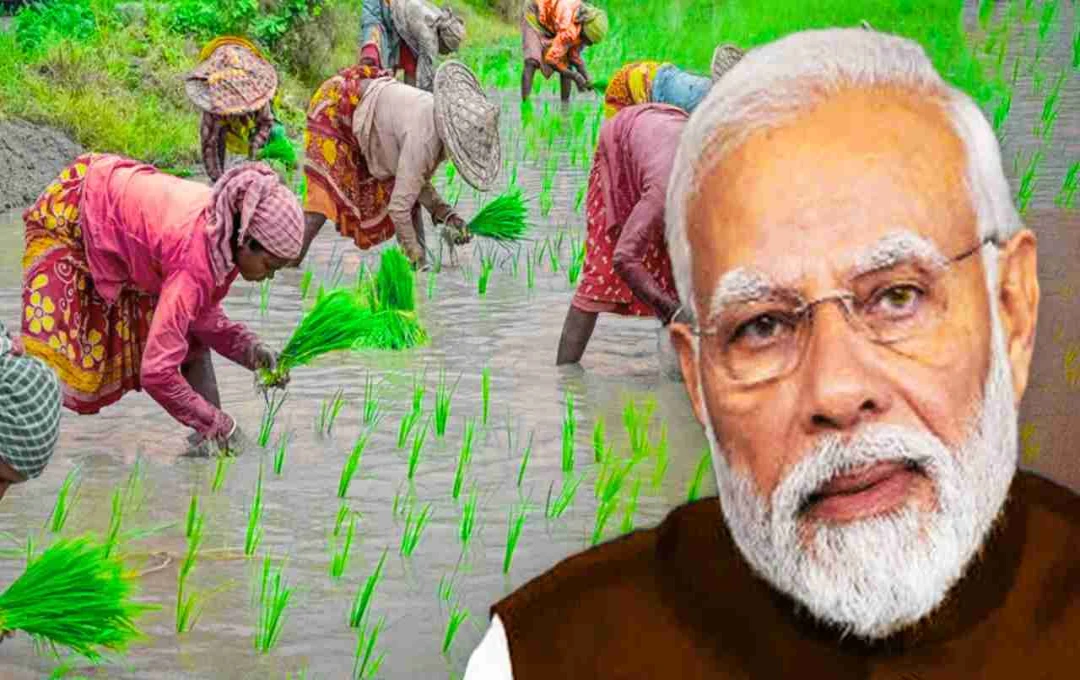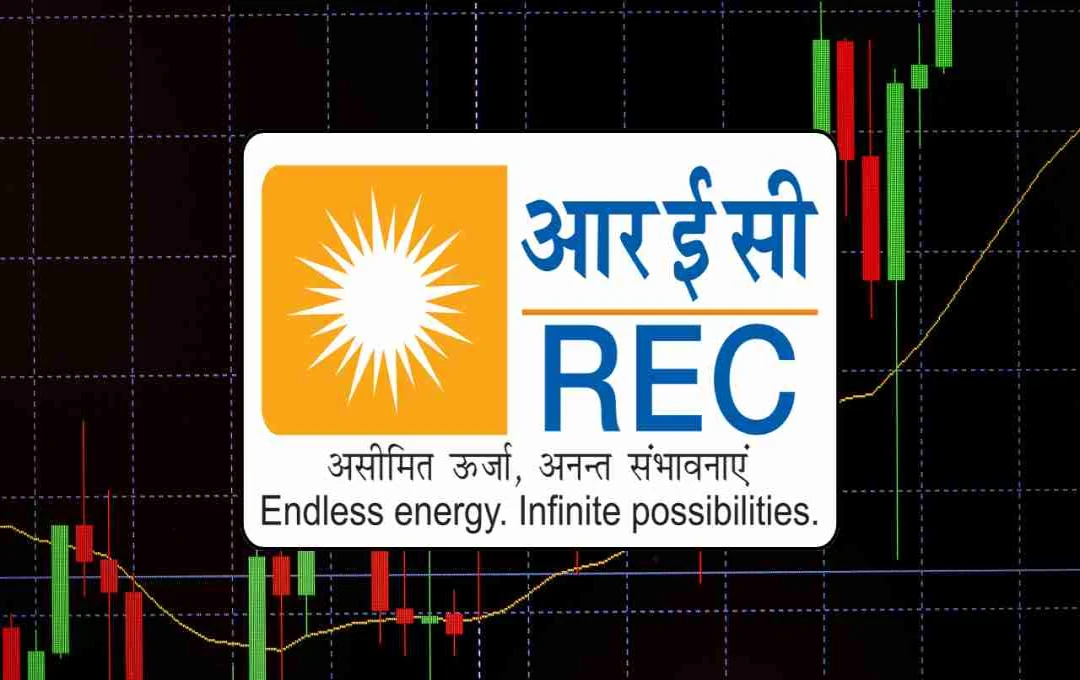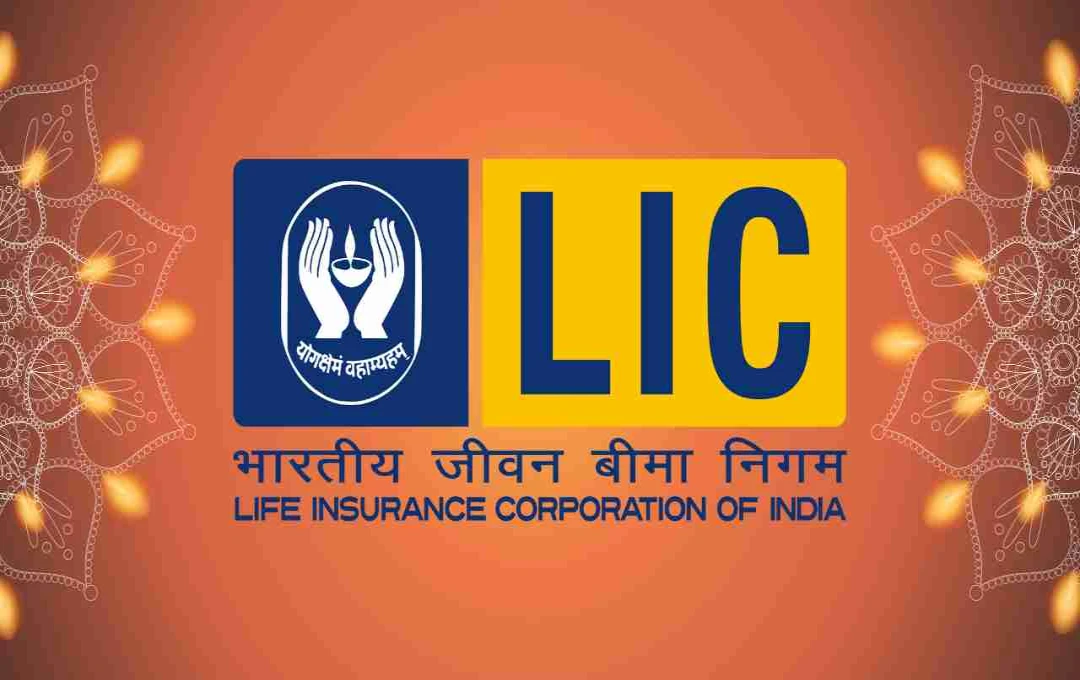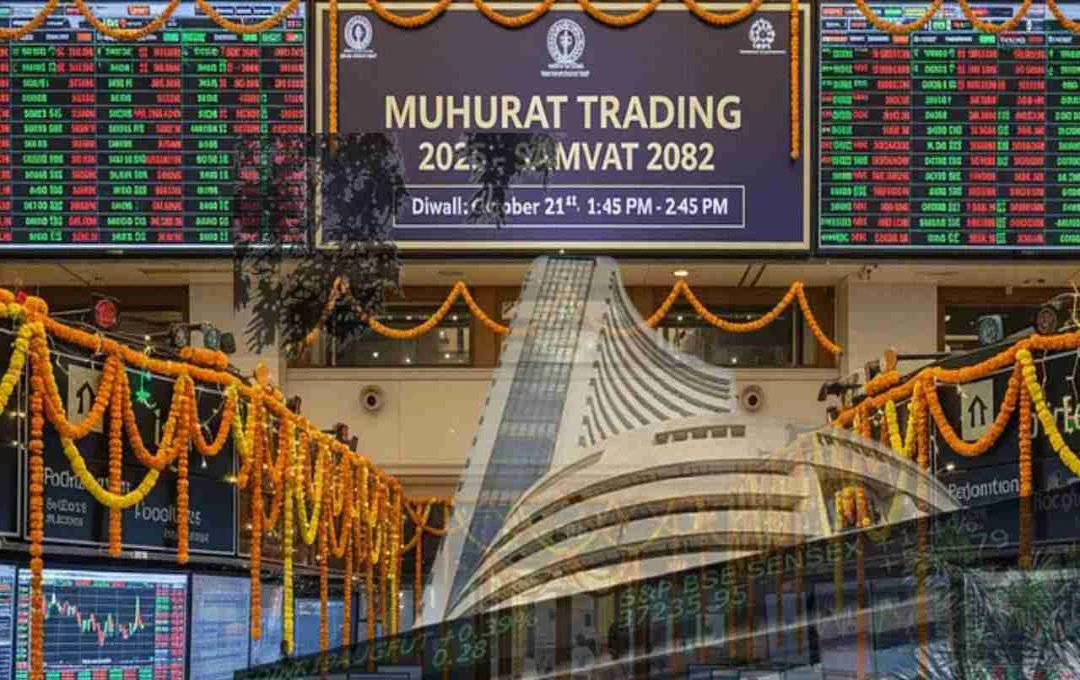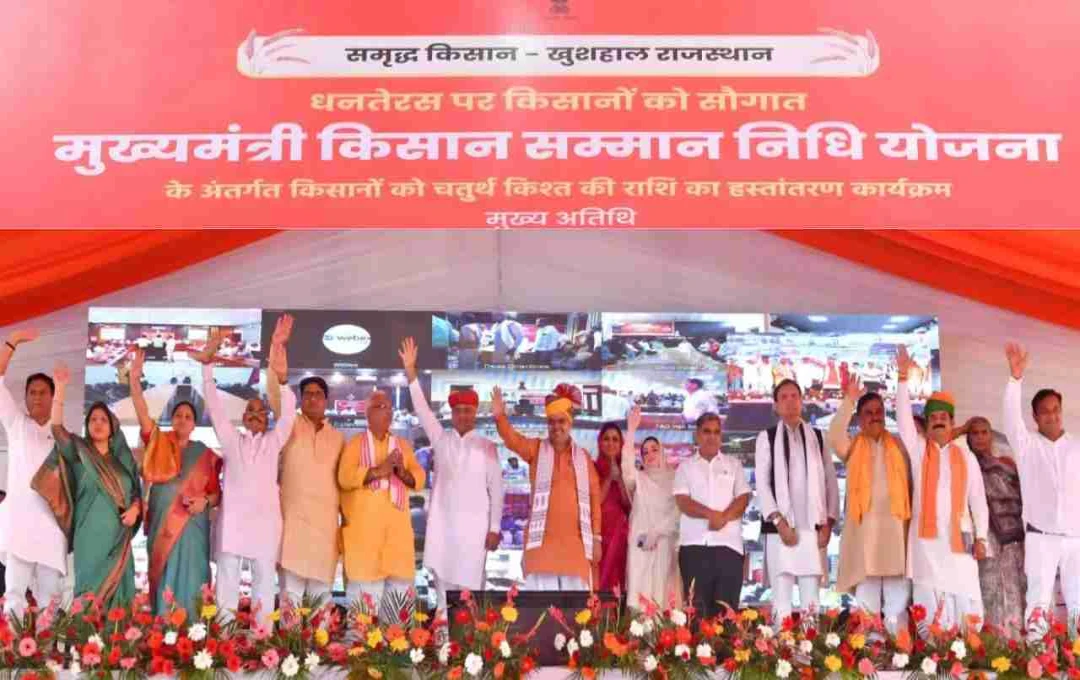India-US Trade Talks Hit a Snag
Long-standing trade negotiations between the United States and India are currently at an impasse. Sources indicate that the US has proposed conditions that the Indian government is unwilling to accept at this time.
The much-anticipated trade agreement between India and the US has stalled. This is due to the Indian government's firm policy prioritizing the interests of its 1.4 billion citizens and farmers. The US has pressured India to reduce tariffs on certain agricultural products, including sensitive items like genetically modified (GM) corn and soybeans. However, India has made it clear that it will not compromise on its food security, farmers' livelihoods, and consumer health.
US Demands, India's Objections
Sources suggest the US wants India to significantly reduce import duties on corn, soybeans, apples, and other agricultural products. Many of these are genetically modified (GM) products, currently prohibited under Indian policies. The US also wants India to forgo certification requirements for GM products and simply open its import limits. The Indian government opposes this proposal.
The government believes that allowing these products into the country would harm local farmers and jeopardize food security and consumer health. India has clarified its desire to strengthen trade ties with the US, but not at the expense of its 1.4 billion people.
"Operation Sindur" Dispute Exacerbates Tensions
The "Operation Sindur" controversy contributed to recent diplomatic tensions between India and the US. US President Donald Trump claimed to have halted this military operation, a claim refuted by Prime Minister Narendra Modi. This eroded trust between the two nations and impacted trade talks.
Dispute Over GM Crops

India has always maintained a cautious stance on genetically modified crops. The US wants India to permit the import of GM corn and soybeans, suggesting some could be processed into ethanol for blending programs. However, India rejected this, stating that blending limits have already been met.
Regarding soybeans, the US wants them processed into oil within India. However, the Indian government fears this could introduce GM products into the Indian food market, violating existing policies.
Disagreement Over Trump Administration's Tax Proposals
The Indian government clarified to US trade representatives that it does not consider the Trump administration's 10 percent baseline tariff a special concession, as it applies equally to all countries. India seeks zero tariffs on textiles, auto parts, engineering goods, and pharmaceuticals. The US, however, is not currently committed to a guarantee against future tax increases.
Threat Looms Over Indian Exporters
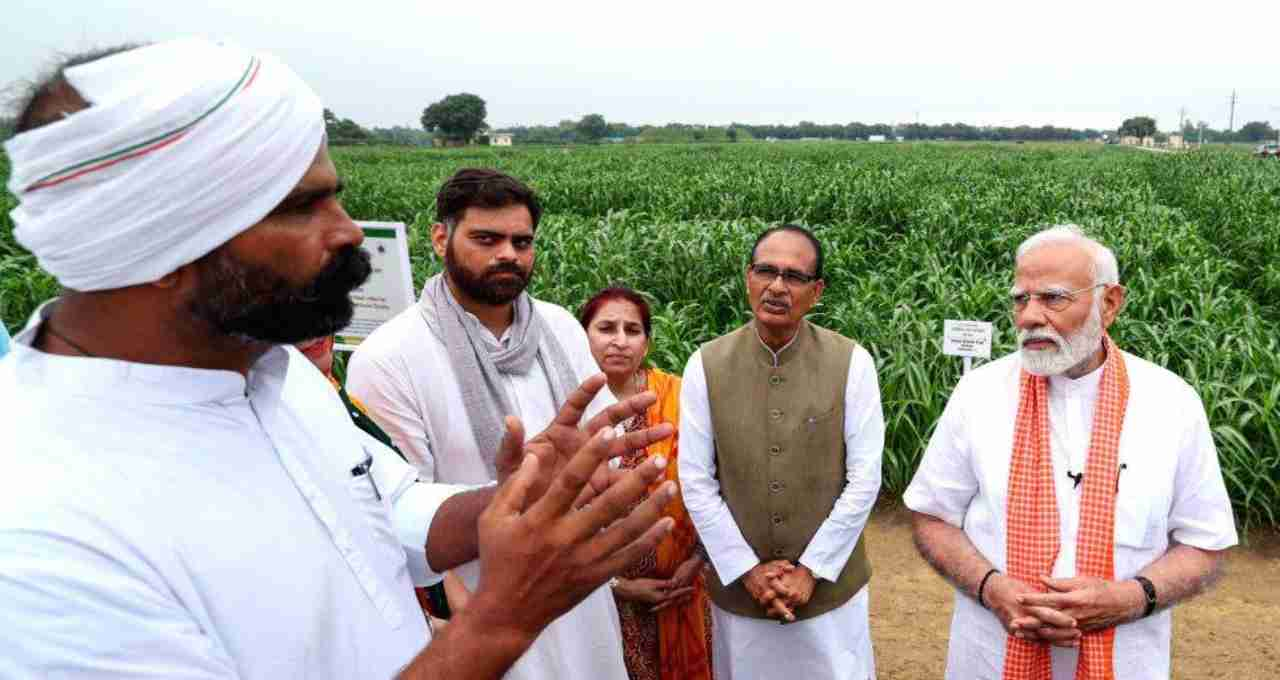
Without an agreement by July 9th, the reciprocal tariff suspension granted to India by the US could end. This would mean Indian companies could face tariffs as high as 26 percent on goods entering the US market. As one of India's largest export markets, this would severely impact India's textile, auto, pharmaceutical, and engineering sectors.
Hopes Turn to Britain and the European Union
The Indian government is also focusing on ongoing trade negotiations with the UK and the European Union. Experts believe that if a US agreement fails, India could strengthen its position in these markets. However, accessing these new markets may take time, leaving exporters facing uncertainty in the interim.
Industry Perspectives
Indian industry bodies like CII and FICCI commend the government's stance of prioritizing farmers and consumers. However, they also suggest the need for further dialogue with the US to ensure trade stability.
Government Strategy
Petroleum Minister Hardeep Singh Puri and Commerce Minister Piyush Goyal are actively engaging with international partners on these issues. India has already diversified its oil sources and is pursuing trade agreements aligned with this strategy. The government aims to ensure both consumer and producer protection while maintaining India's competitiveness in the global market.
